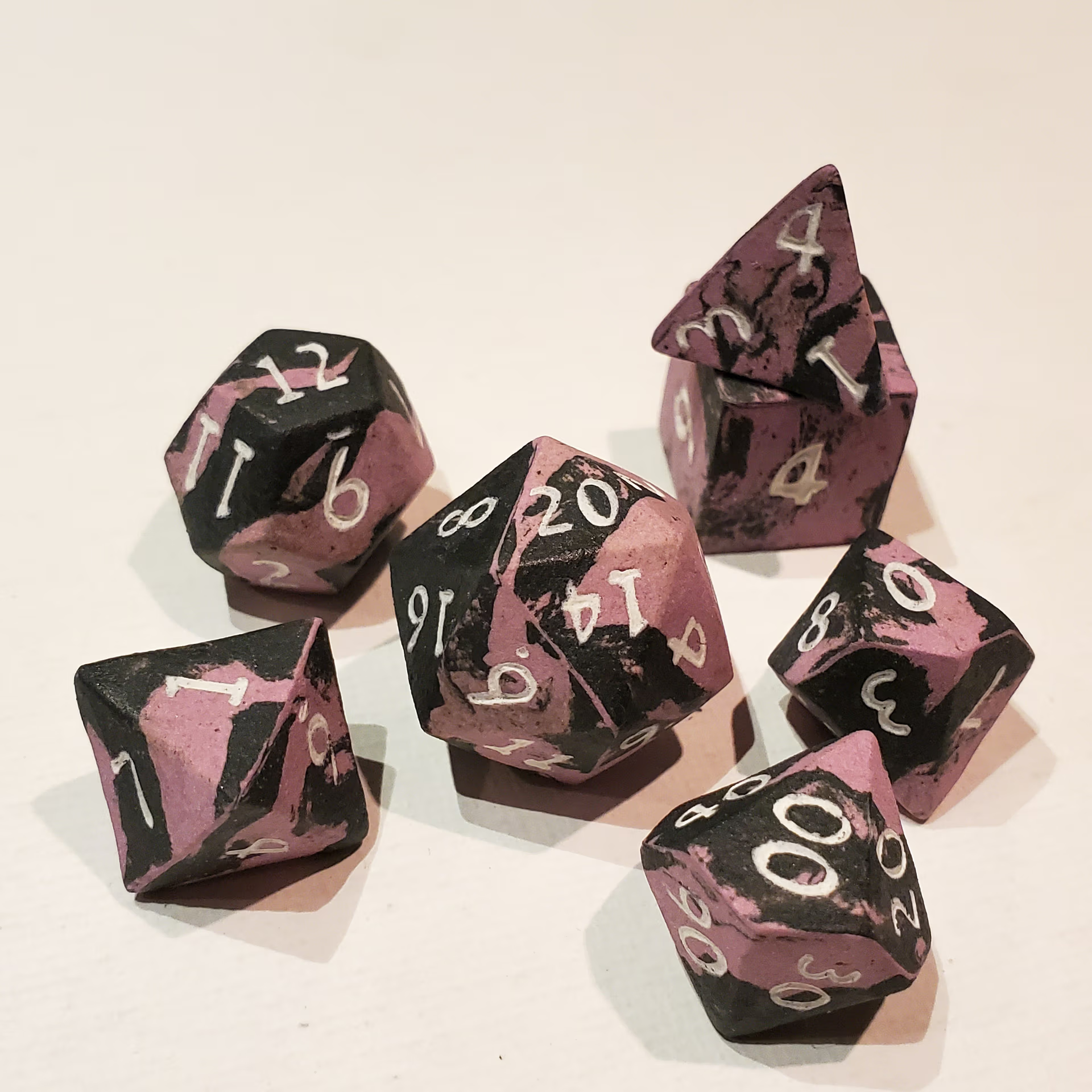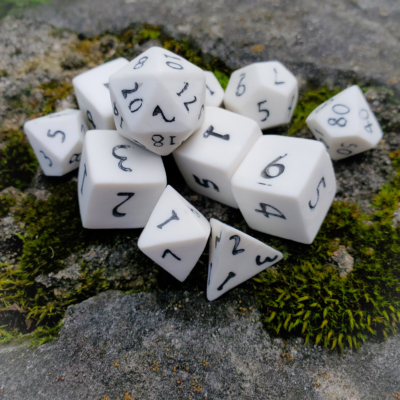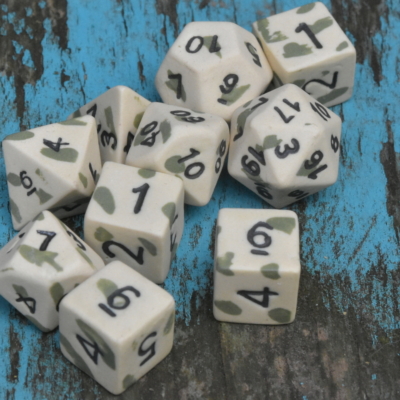The Role of Gods and Deities in Dungeons & Dragons for Orc Sorcerers
Dungeons & Dragons (D&D) is a game rich with lore and intricate storytelling opportunities, particularly when it comes to the pantheon of gods and deities that influence the world. For an orc sorcerer, understanding these divine figures can enhance gameplay, adding layers of depth to character development and campaign narratives.
Understanding the Divine Influence
In D&D, gods and deities play a crucial role in shaping the realms. They offer power, guidance, and sometimes obstacles to characters who seek them out. For an orc sorcerer, this connection can manifest as a source of magical power or as spiritual guidance.
Tips for Beginners
- Research the Pantheon: Familiarize yourself with the different gods within your campaign setting. Each has its own domain and influence.
- Character Backstory: Incorporate your chosen deity into your backstory to give your character motivation and direction.
Advanced Strategies
- Divine Interventions: Use the potential for divine intervention as a plot device during campaigns.
- Create Unique Spells: As an advanced player, work with your Dungeon Master to create spells that reflect your character’s divine connection.
The Pyschic Shadow Ceramic Dice Set is perfect for those looking to add a mystical touch to their tabletop experience. With its elegant design, it complements any game involving divine themes.
Orc Sorcerers and Their Patron Deities
An orc sorcerer’s choice of deity can significantly impact their path. Traditionally seen as fierce warriors, aligning with a god could mean embracing new aspects like protection or knowledge rather than mere strength.
The Role of Gods and Deities in Dungeons & Dragons for Orc Sorcerers
Dungeons & Dragons (D&D) is a popular role-playing game steeped in a rich tapestry of lore and offers boundless storytelling opportunities. The game’s universe is inhabited by a diverse pantheon of gods and deities that exert a significant influence on the world. For a character like an orc sorcerer, understanding these divine figures can be invaluable. It adds layers of depth to character development, influencing their motivations, actions, and interactions in the campaign narratives.
Understanding the Divine Influence
In the D&D universe, gods and deities aren’t merely distant figures. They play a vital role in shaping the realms by offering power, guidance, and sometimes presenting challenges to the characters who seek them out. For an orc sorcerer, this divine connection can manifest in various ways. It can be a source of their magical power, providing them with unique abilities or spells. It can also serve as a beacon of spiritual guidance, influencing their moral compass and shaping their worldview.
Tips for Beginners
If you’re new to D&D, it’s essential to familiarize yourself with the pantheon of gods within your campaign setting. Each deity has its own domain, influence, and followers. Understanding these aspects can help you choose a deity that aligns with your character’s backstory and motivations. Incorporating your chosen deity into your character’s backstory adds depth to your character and provides them with a purpose and direction within the game’s narrative.
Advanced Strategies
For more experienced players, the divine connection can serve as a plot device during campaigns. Divine interventions can lead to unexpected twists and turns in the story, adding a layer of unpredictability to the game. As an advanced player, you can also collaborate with your Dungeon Master to create unique spells that reflect your character’s divine connection. These custom spells can enhance your gameplay experience, making your character stand out in the campaign.
The Pyschic Shadow Ceramic Dice Set is perfect for those looking to add a mystical touch to their tabletop experience. Its elegant design complements any game involving divine themes.
Orc Sorcerers and Their Patron Deities
An orc sorcerer’s choice of deity can significantly impact their character’s path and development. Traditionally
-
Runic Assassin’s Ghost Ceramic Dice Set
Select options This product has multiple variants. The options may be chosen on the product page -
Skeleton Ceramic Dice Set
Select options This product has multiple variants. The options may be chosen on the product page -
Ancient Oasis Ceramic Dice Set
Select options This product has multiple variants. The options may be chosen on the product page





